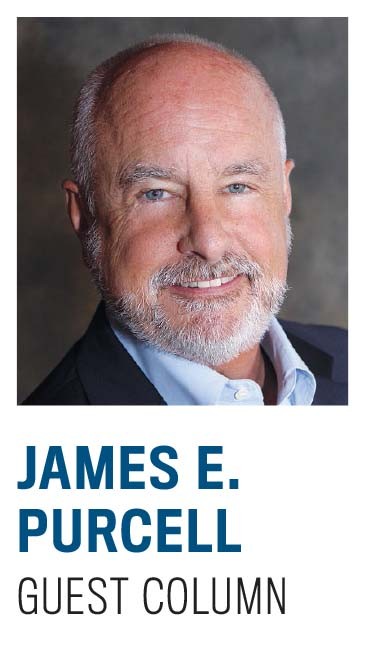What is going on with the health benefits exchanges and the many co-ops that have failed across the country? (Leave aside Aetna for the moment, which clearly is exiting in response to the Department of Justice lawsuit to prevent its merger with Humana.)
To a major extent, the problems stem from the failure of the creators of the exchanges to make regulations that follow fundamental insurance principles. I wish it were sexier or more mysterious, but it boils down to mathematical consequences resulting from few to no underwriting safeguards, among other things.
Underwriting safeguards were created by actuaries for very good reasons. The current administration, in its continuing rush to vilify health insurers, forgot or consciously ignored the business side of health insurance. For example, the administration’s view of private health insurers is reflected in the rather pejorative recent comment by Kevin Counihan, CEO of the Healthcare.gov, the federal individual marketplace:
“It’s no surprise that companies are adapting at different rates to a market where they compete for business on cost and quality rather than by denying coverage to people with pre-existing conditions.”
That was totally uncalled for and simply does not advance the discussion. The truth is that if the administration (which is decidedly not business savvy) is going to play in the rough-and-tumble sandbox of health insurance, it needs a reality check, which it appears it is now getting, whether it admits it or not.
Here are the issues as I see them:
Exchanges must have scale – a lot of it – to be able to provide the level of service required in an open marketplace. If membership thresholds are not met, the result is unsustainable increased costs. And in the drive to obtain membership, safeguards must be in place. One cannot purchase fire insurance after the fire. In the same vein, one should not be permitted to stay out of health insurance during healthy years and buy in for the short periods needed to cover illnesses or injuries.
Exchanges need large numbers of younger, healthier members to subsidize the older sicker members. It’s called spreading the risk. As with fire insurance, again, where you need 100 fire-free houses to subsidize the one burnt house, you need hundreds of low-claim healthy members to subsidize one chronically ill member. You cannot get away from this simple truth.
If exchanges and our government are to walk this path, they have to do it right, and the designers of President Barack Obama’s health care law, its regulations and the exchanges failed to do it right. As Steven Brill reported in “America’s Bitter Pill,” they did this consciously. They knew better and did it anyway.
For instance: The penalties for failure to enroll in exchanges can be avoided. Easily. Type a web search such as “How to game Obamacare.”
Moreover, during open enrollment, every year, you can enroll regardless of health status (no pre-existing condition clauses), and if you already are enrolled, you can switch plans. So if I’m a healthy guy, I enroll in the low-cost high deductible plan, and later, if I know I will need surgery or some other expensive treatment, I switch to the better coverage, get my treatment and later switch back or cease paying the “unaffordable” premium altogether, and shoot for a hardship exemption.
And worse, HHS hasn’t lived up to its end of the bargain by not paying on risk corridor obligations that it said was one of the three “market stabilization” programs that it used to entice insurers to cover the new exchange populations for which there was no data. This is described in Modern Healthcare’s article “Feds Short Insurers $2.5 Billion on Exchange Plan Losses.”
Some state regulatory agencies (where there are state-run exchanges) have reduced or eliminated requested exchange premium increases citing “affordability,” whatever that subjective term may mean in the context of what is fundamentally a financial transaction. I know that sounds cold, but it is what it is.
I could go on. But what this suggests is that when the government, subject as it is to all sorts of political and other pressures, gets into something as fundamentally financial and rigorous as health insurance, it must do so with all the required disciplines and safeguards.
Is that reason enough to repeal Obamacare? I think not. We must provide quality health care to every man, woman and child legally in our country. Most other countries do this. So should we.
And we’ve now suffered through the early-stage agonies of such a program. In my view, the bell cannot be unrung, and we need to get on with doing what we always should have done.
So I would hope that the next administration and Congress will move to correct these and other shortcomings of the Affordable Care Act and make it better. The arena for financing health care is complex and it requires expertise. This is not for amateurs or academics. I do earnestly hope they avail themselves of such expertise in the redoing. •
James E. Purcell is the former CEO of Blue Cross & Blue Shield of Rhode Island. He is also an attorney and operates a national consulting practice on workplace wellness.













